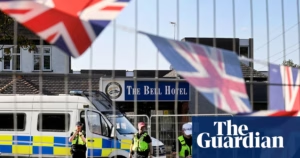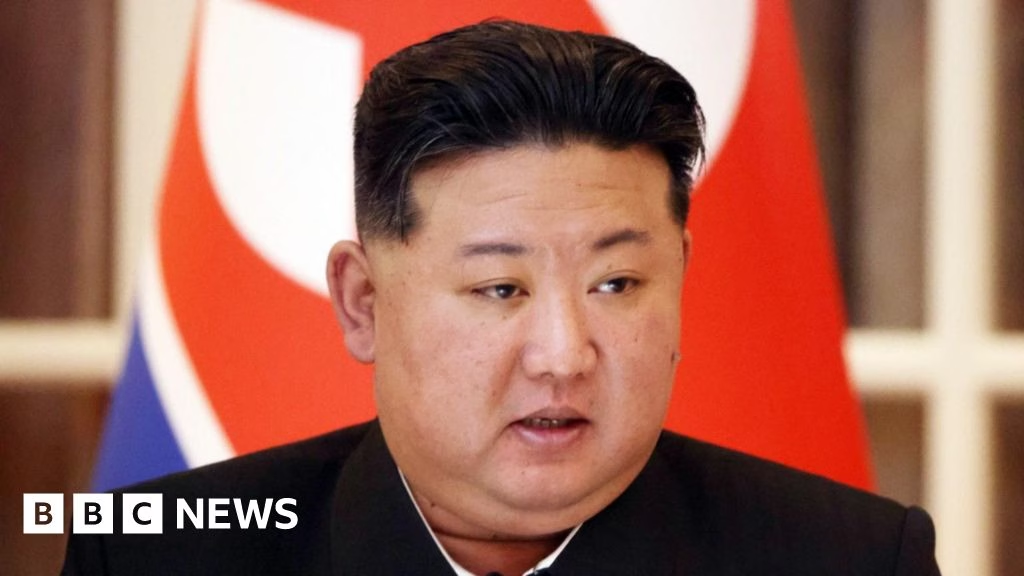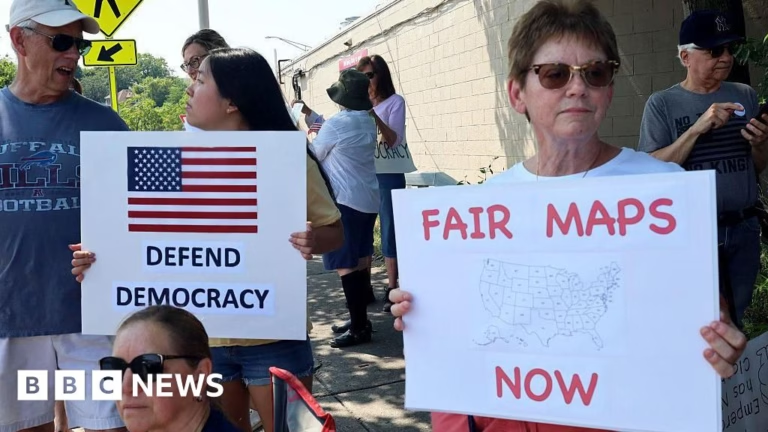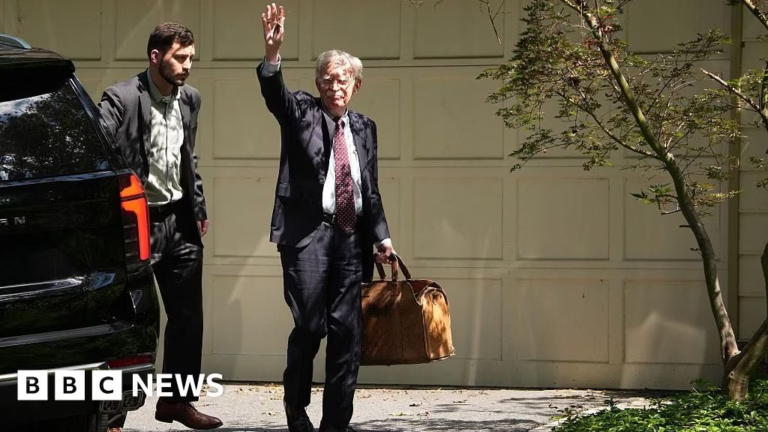North Korean state media has announced that the country’s leader, Kim Jong Un, has overseen the testing of two new air defense missiles. According to the Korean Central News Agency (KCNA), the weapons possess “superior combat capability” and utilize “unique technology,” though no further information was provided. The test, conducted on Saturday, confirmed that the technological features of the projectiles are appropriate for targeting various aerial threats, including drones and cruise missiles.
This test follows the incident on Tuesday, in which South Korea fired warning shots at North Korean soldiers who briefly crossed the Demilitarized Zone (DMZ), which serves as the boundary between North and South Korea. In response, Pyongyang accused Seoul of orchestrating a “deliberate provocation.”
Since Monday, South Korea and the United States have been conducting joint military exercises in the region. Additionally, South Korean President Lee Jae Myung is scheduled to meet with US President Donald Trump at a summit in Washington on Monday. The newly elected South Korean leader had previously campaigned on strengthening inter-Korean relations, however, Kim’s sister has rejected reconciliation attempts made by Lee’s government. Furthermore, Kim denounced the joint US and South Korean military drills as “most hostile and confrontational,” and pledged to increase the country’s nuclear weapons arsenal.
In January, North Korea claimed to have fired a new intermediate-range ballistic missile equipped with a hypersonic warhead, which it stated would effectively deter any regional rivals. Concerns have been raised by senior South Korean officials about North Korea potentially acquiring Russian missile technology in exchange for sending troops to support Russia’s invasion of Ukraine. While it is unclear whether the latest test involved any Russian technology, North Korea is known as one of the world’s most oppressive totalitarian regimes, with Kim and his family having ruled the nation for decades.
South and North Korea remain divided since the conclusion of the Korean War in 1953, and without a formal peace treaty, they continue to exist in a state of war, despite not engaging in direct conflict in recent years.
Source: https://www.bbc.com/news/articles/cj3lp47nxdjo?at_medium=RSS&at_campaign=rss








